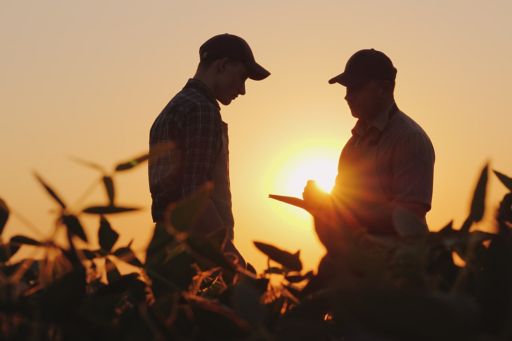Week in Review
In Aotearoaт�
Central Otago Winegrowers Association (COWA) has announced the region has achieved a milestone, with 30% of its vineyard area now certified organic. This is the highest proportion of any region in New Zealand. COWA is collaborating with Lincoln University on a comprehensive study aimed at achieving 50% organic certification of planted area by 2030.
Westpac New Zealand Limited bank has lifted its forecast milk payout for this season to $10.30/kg milksolids, and opened next seasonтs forecast at $10/kg milksolids. The strong outlook is due to resilience in global dairy prices and the lower value of New Zealand dollar.
New Zealand's apple and pear industry has exceeded $1 billion in orchard gate returns for the first time. The industry has reported a total economic impact of $2.5 billion for 2024 to the New Zealand economy, a 27% increase on the prior season. The industry body is forecasting a 10% rise in exports for the 2025 season.
Meanwhile, apple grower and exporter, T&G Global is expanding into Canterbury. They are partnering with the rural investment arm of the New Zealand Superannuation Fund, FarmRight, to grow 125 hectares of T&Gтs premium JOLI branded apples. The initiative marks the first commercial-scale planting of this variety in the region.
In international news...
South Korea is introducing new e-labelling regulations to enhance food safety information and improve visibility for consumers. This measure requires companies to move all non-essential information from printed labels to e-labels, ensuring that printed labels only contain important details such as product name, expiry date, allergens, and storage methods.
In the United Kingdom, greenhouse gas emissions from farming have surpassed those from the countryтs electricity supply for the first time. The ministerial Department for Net Zero's final 1990-2023 emissions statistics revealed that agriculture accounted for 12% of the UKтs emissions in 2023, with electricity supply coming in at just under at 11%.
Australian supermarket, Coles is reducing its product range by at least 10%. The move has caused public backlash as the retailer seeks to boost profitability by cutting costs and expanding its home brands. Competition in the Australian supermarket sector has intensified over the last decade, and Coles has seen their market share decline from 31% to 25% over that time.
Spotlight Stories
Innovation Spotlight:

[AgFunderNews, 6 February]
Edacious, a Massachusetts-based start-up, has secured US $8.1 million (NZ $14.3 million) in seed funding to develop its rapid testing and data insights platform to measure and map nutrient density in whole foods. Their key product offering is their high-throughput, low cost nutritional testing capabilities т� the start-up claims their cost is less than a tenth of traditional analytic service labs.
Tags: whole foods, data insights platform, nutritional testing capabilities
Velvet Spotlight:
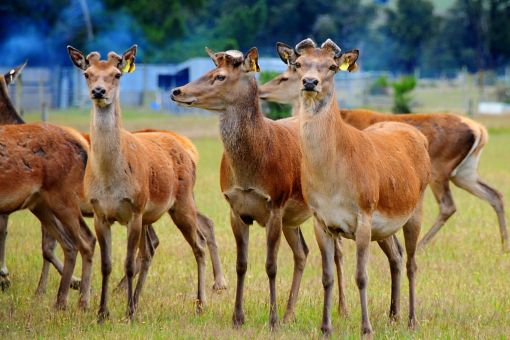
[Farmers Weekly, 7 February]
Korean pharmaceutical company, Kwangdong Pharmaceutical has launched the first health functional food (HFF) product featuring New Zealand deer velvet for prostate health. The product is certified by South Korea's Ministry of Food and Drug Safety. The collaboration is a significant step in combining traditional Asian medicine with Western scientific testing, creating new opportunities for velvet consumption in the HFF market.
Tags: deer, velvet, prostate health, health functional food
Headline Stories
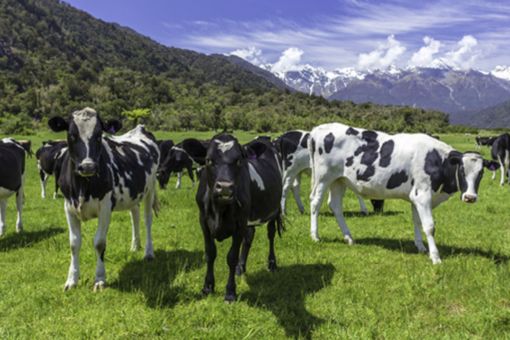
[Farmers Weekly, 12 February]
Swedish start-up Agteria Biotech has received a NZ $4 million investment from AgriZeroNZ for its methane-reducing molecule. Trials have proven the molecule reduced methane emissions in dairy cows by 40%. The molecule can be integrated into various cattle feeding systems. The investment supports Agteria's development of this scalable solution, with plans for safety studies and beef cattle trials this year. AgriZeroNZ's investment portfolio, now NZ $46 million, aims to offer a range of affordable tools for reducing agricultural greenhouse gas emissions.
Tags: Methane emissions, methane-reducing molecule., agricultural greenhouse gas emissions
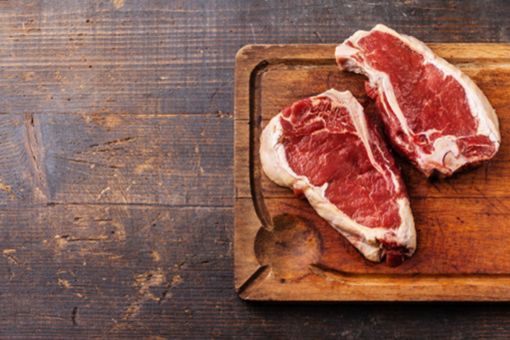
[Green Queen, 6 February]
Dutch cultivated meat company, Mosa Meat, has filed for regulatory approval in Switzerland shortly after exceeding its crowdfunding goal of т�1.5million (NZ $2.75 million) in just 24 minutes. Mosa Meat produced the worldтs first cultivated beef burger and now aims to sell its cultivated beef fat for use in blended meat products, supported by local partner Bell Food Group. The regulatory assessments, expected to take 18 months, follow similar applications in the European Union.
Tags: cultivated meat, cultivated beef fat, blended meat products
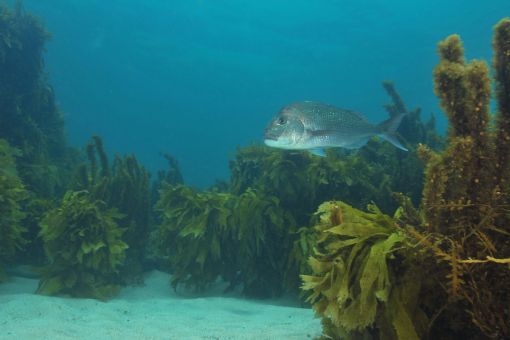
[Farmers Weekly, 11 February]
A five-year collaborative project between New Zealandтs Plant and Food Research, and Caribbean researchers is coming to an end. The project aimed to transforming the seaweed sargassum, into a valuable crop treatment. Sargassum, has been overwhelming the Caribbean's coastal areas, choking beaches and dominating ecosystems. The weed has shown potential as a bio-stimulant to enhance crop health and yield for local farmers.
Tags: seaweed, sargassum, Caribbean coatal waters, Plant and Food Research
Get in touch
| Audit т� Auckland Ian Proudfoot 09 367 5882 [email protected] |
Agri-Food т� Auckland Andrew Watene 09 367 5969 [email protected] |
Management Consulting т� Wellington Justine Fitzmaurice 04 816 4845 [email protected] |
Private Enterprise т� Hamilton Hamish McDonald 07 858 6519 [email protected] |
| Farm Enterprise т� South Island Brent Love 03 683 1871 [email protected] |
Agri-Food - South Island +64 2788 61744 [email protected] |
|
|


